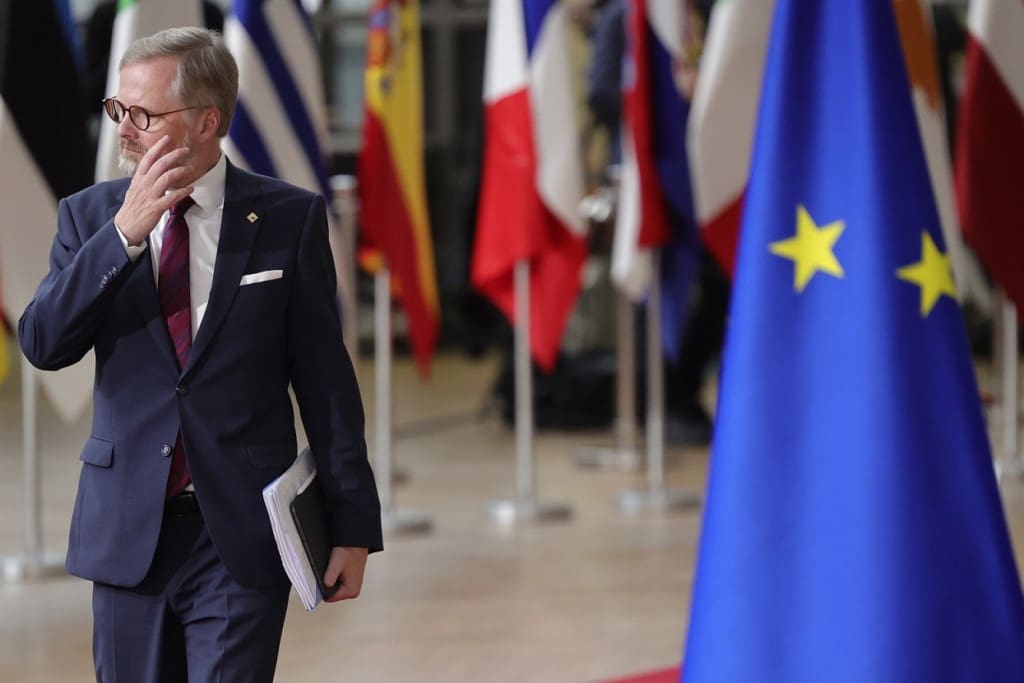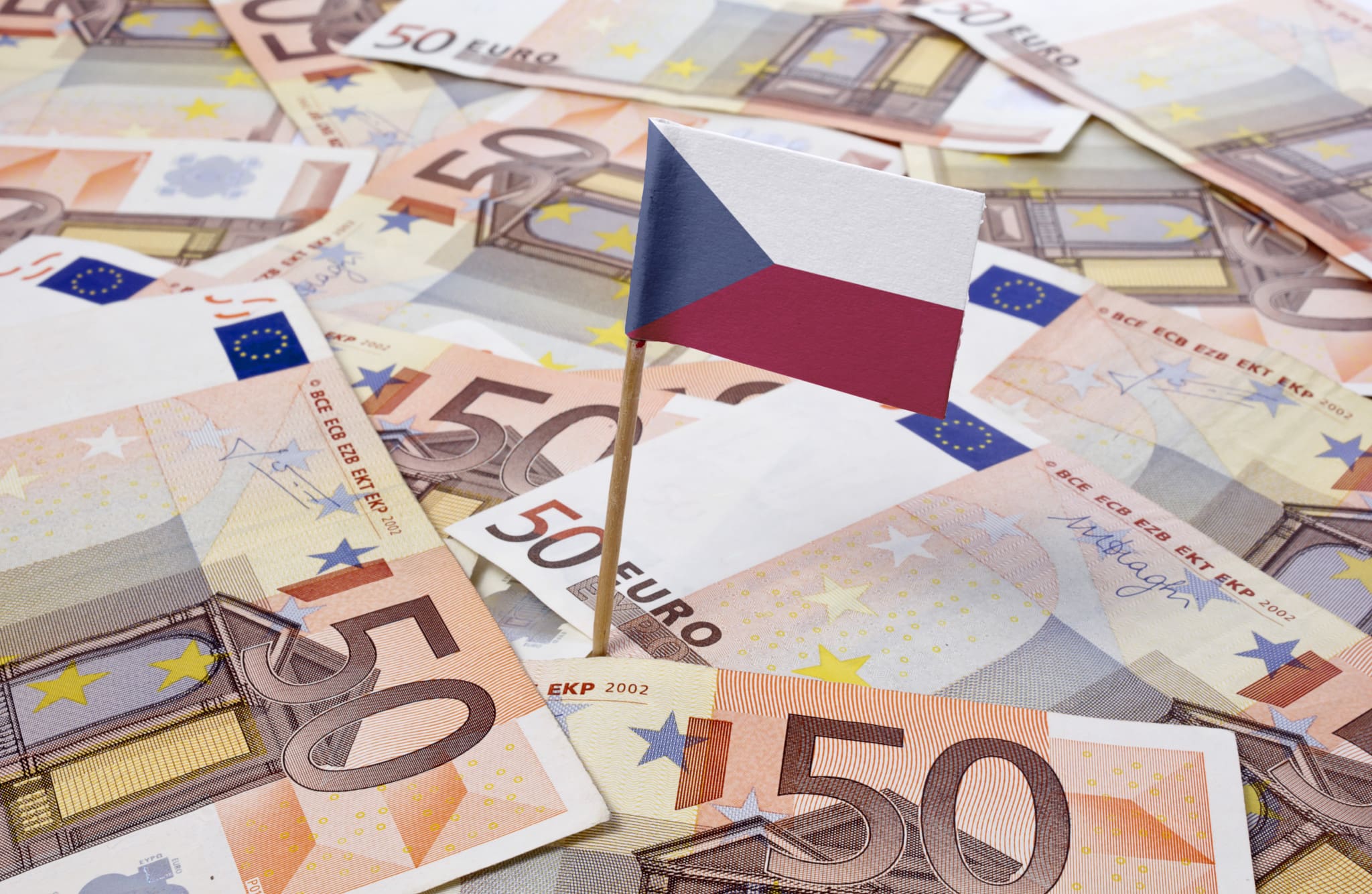The problem facing the Czech government, and the entire Czech Republic, is not the planned one-time deficit of 295 billion crowns (€12.1 billion) but the fact that this year’s deficit will be even more monstrous, increasing to 380 billion crowns next year. The actual performance will undoubtedly be worse than the plan, and the debt will not fundamentally decrease in the following years.
“Three hundred billion (Czech crowns) is a big deficit, I am not underestimating it,” said Finance Minister for the Civic Democrats (ODS) Zbyněk Stanjura in the Chamber of Deputies.

According to the approved laws and the predictions of the Czech Ministry of Finance itself, Czechia will be in debt by almost a 1.2 trillion crowns during the four years of Petr Fiala’s governnment. That, in the words of one politician, amounts to a whopping €50 billion.
Fans of the government can be comforted by the fact that the opposition would almost certainly not have done better in budgeting, but that will not change anything about the threatening indebtedness.
Let’s repeat: It’s perfectly fine for the government to massively increase spending in the face of the energy crisis so that millions of people don’t fall into poverty or even bankruptcy, but it is a terrible mess that the government does not adjust its other expenses or income to this situation.
In other words: a one-time “crisis” deficit would not matter, but we have already had two years of deep deficits when the economy was at a standstill for months due to Covid-19 shutdowns; the accumulated deficit in two years reached almost 800 billion crowns.
[pp id=14024]
This year, another almost 400 billion crowns, and next year “only” 300 billion will be added to the debt; meanwhile, it is almost certain that the government will not collect as much as it planned for extraordinary taxes, which is a claim confirmed by the National Budget Council. As for the following years, the planned debt levels are 280 billion crowns and then 260 billion crowns.
In clear language, that means the state will spend in six years as much as it collects from people and companies in seven years, and the government is doing absolutely nothing to avert this impending disaster.
Even taking the Covid-19 indebtedness as a one-time problem, we can already see that our situation is unsustainable in the long term. Unless very serious savings come, we are going to have to raise taxes, but Petr Fiala — who won the election with the promise of “We will stop borrowing, it is the number one priority!” — pretends that it does not concern him.






